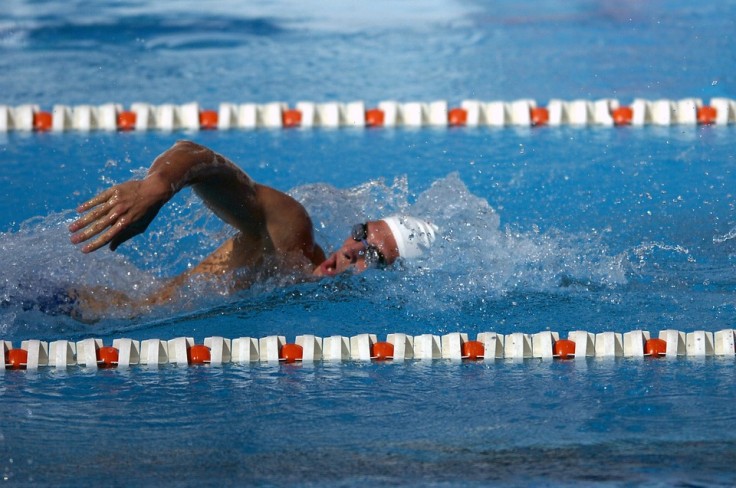
Conor Dwyer, US swimmer, and Olympic gold-medalist was suspended after an investigative panel found grain-sized crystallized testosterone implants in his body. The US Anti-Doping Agency (USADA) revealed that an arbitration panel decided to submit him into a 20-month suspension.
The USADA officials said they recommended that Dwyer be banned from participating in any form of competition for four years. They pointed out several occasions in and out of competition when the athlete tested positive. Some of the said intances listed were dated November 15th, November 17th, and December 20th of 2018, respectively.
However, a three-member independent arbitration panel of the American Arbitration Association released a 20-month suspension verdict. They stand by their decision saying it is appropriate considering that Dwyer sought outside medical advice when he was given treatment. The pellets were inserted under the skin around the hip.
The arbitrators said that Dwyer revealed that the medication he received was related more to his mental health condition. The athlete also emphasized with the panel that the pellets found in his body were not related to any treatment he was receiving for his physical performance as an athlete. When the treatment option was presented to him, the doctors told him that the pellets were to help keep his mental health condition stable.
Dwyer won his first gold for the relay in the 2012 London Olympics and the second gold, still for the relay, during the 2016 Rio games. He also won a bronze medal in the 200m freestyle in the Rio Olympics. On December 21, 2018, he was given provisional suspension pending the arbitration of the case filed against him.
He withdrew his participation from the US World Championships team. His suspension ends in August of next year; thus his non-eligibility to be part of the 2020 US Olympics.
Dwyer announced his retirement from professional swimming on Instagram, shortly after the ruling of the arbitration panel was announced.
USADA said that the urine tests of Dwyer showed the presence of anabolic agents of external origin prohibited by the US government. His 20-month suspension was based on his claims that his "life coach" and doctor were responsible for the prescribed medication. He claimed that he told them of the anti-doping rules for athletes.
However, during the investigation, the panel found that this was not the case. The Panel noted that the respondent did inquire about the possible violation, as it was his duty, but failed to emphasize it to his doctor.
Neither Dwyer or his advisers coordinated with USADA. The agency runs a hotline for athletes for any questions concerning their supplements and drugs.
The Panel said that they were disappointed that Dwyer chose not to avail of the support that the government provided. They remain hopeful that his case would convince others to take advantage of this hotline in order to protect themselves from potential cases of suspension. The agency only aims to provide athletes with a fair protection and healthy competition.
"We just want to ensure that everyone is safe and healthy as they engage in the games," said Travis Tygart, Chief of USADA.
© 2025 University Herald, All rights reserved. Do not reproduce without permission.








